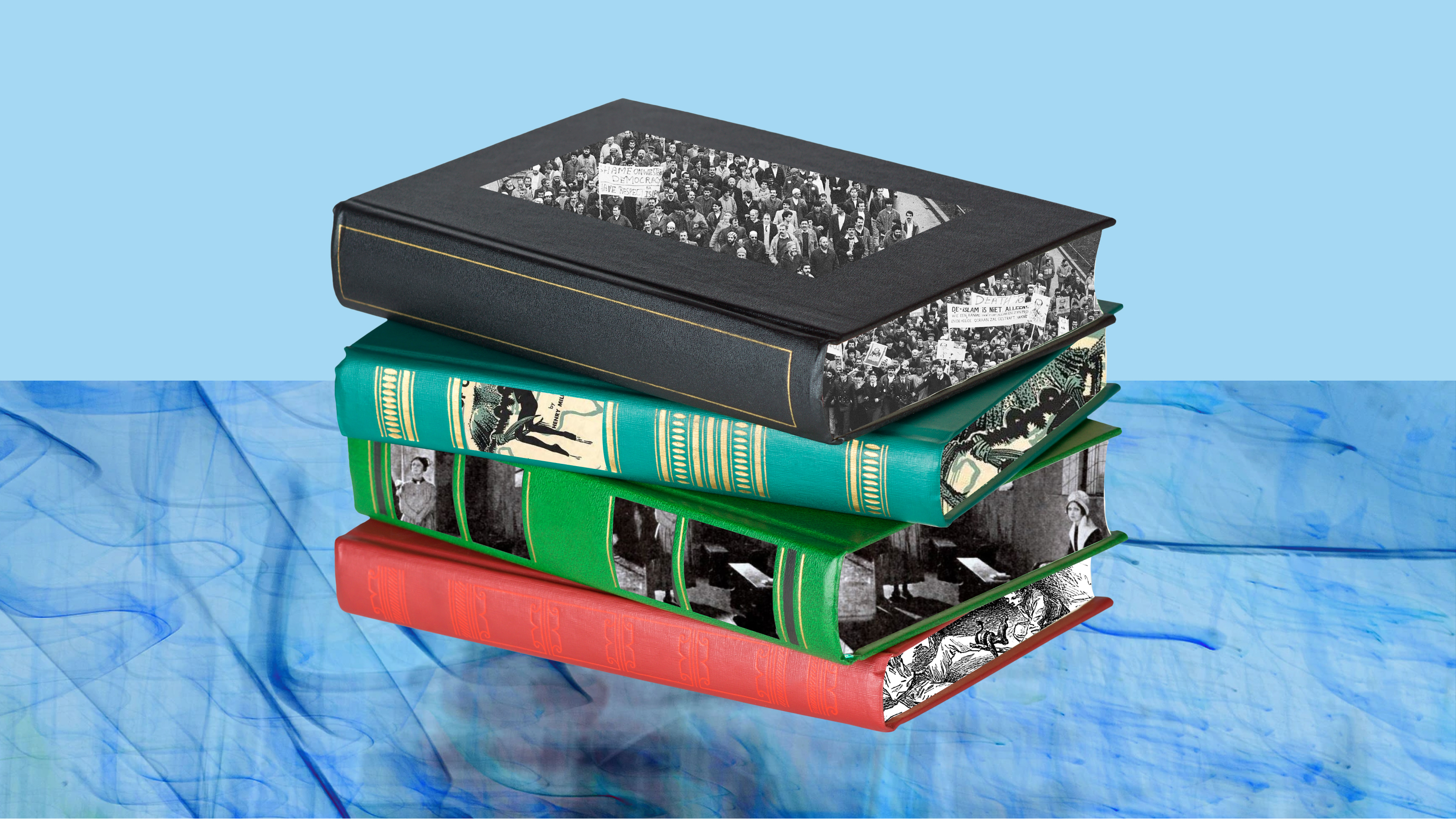What we Liked Today
Deadlines and an excess of “real” work has kept blogging to a minimum over the past couple of days, but now having righted our small and fragile universe Waq al-waq is ready to return to normal blogging.
In the spirit of renewal we bring you three articles we liked today (well, we didn’t agree with everything in them – that would be too much of a shock, especially for us – but we did agree with about 90 percent).
First up is this posting from Ian Bremmer and his blog, “The Call” at Foreign Policy. Bremmer, who is the President of the Eurasia Group, pours cold water on the idea that the Huthi war is a proxy war between Saudi and Iran. (Full disclosure: I have done work for Eurasia Group in the past, but have never had any contact with Bremmer.) He makes a number of good points about why what is going on is important for the US, but he gets a bit lost in the wilderness when he writes:
“The Houthi rebels need guns and cash and can’t be picky about where they get them. If Iran is willing to sell, they’re willing to buy. That doesn’t mean they will use them to advance Iranian interests in Saudi Arabia’s backyard.”
While I don’t agree with everything ‘Abd al-Malik al-Huthi says, I do tend to believe him when he says that the Huthis have plenty of arms without outside assistance because A.) Yemen is a fairly well-armed society and B.) the Huthis have a pretty good record of stealing and buying arms from the Yemeni military, which is one of the reasons the war keeps on keeping on – war economy.
He made this point most recently in an interview with the Lebanese paper, al-Nahar:
باسلحة إيرانية؟
– لا يوجد لدينا أي أسلحة إيرانية، ما لدينا من سلاح هو حصرياً من:
1 – المواقع العسكرية حين السيطرة على بعضها.
2 – من البلد، فالشعب اليمني شعب مسلح وهذا شيء معروف ولا يمكن إنكاره.
أما ادعاءات السلطة لنا بالعمالة لجهات خارجية، فهذا بهتان، فلسنا عملاء لأحد،
ولا دليل لها على ذلك، إلا أن الشيء الواضح الثابت الذي لا يمكن جحوده هو
عمالة السلطة لجهات دولية إقليمية وطلبها واستجداؤها للدعم المالي والسياسي
والإعلامي من هنا وهناك عَلناً وبوضوح.
ف
First, the writer hears “Islamist” and writes al-Qaeda – not all Yemenis who fought in Afghanistan or Iraq are al-Qaeda – and cetainly not everyone from the jihad in the 1980s. Then there is this:
“But a new generation of Yemeni disciples of al-Qaeda is establishing itself in the east of the country. Unlike those loyal to Mr Zuail, they are said to have been told by an influential Jordanian jihadist cleric, Abu Muhammad al-Makdissi, that they should keep well out of the war against the Houthis. Mr Makdissi says they must not help Yemen’s pro-Western government, which deserves to be overthrown.“
I really don’t know where to begin here. I don’t believe AQAP is loyal to al-Maqdisi, despite what this reporter claims, who apparently has not been reading or listening to the works of Ibrahim al-Rubaysh or Muhammad al-Rashad or really anyone in AQAP lately.
Finally, we offer up this opinion piece from Roula Khalaf of the Financial Times, and the only thing we could find to disagree with was the title, which Khalaf didn’t write and which assumes that Saudi actually has a policy in Yemen.




